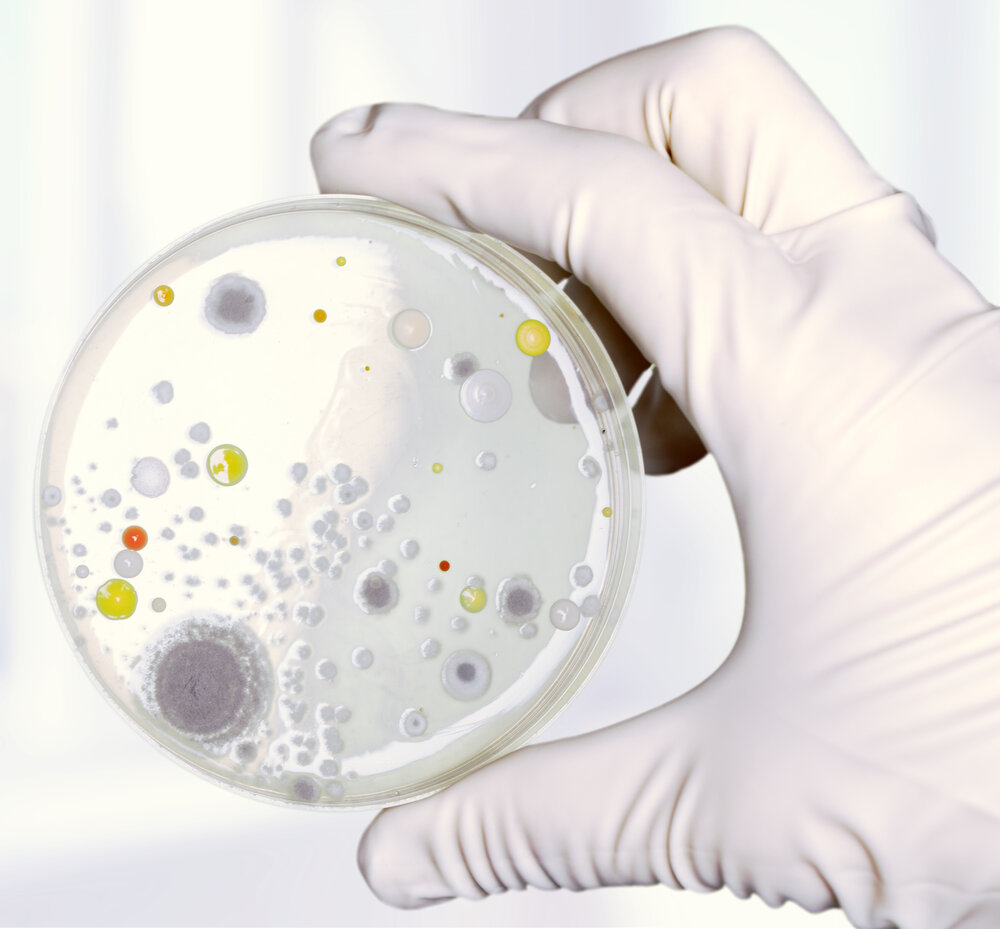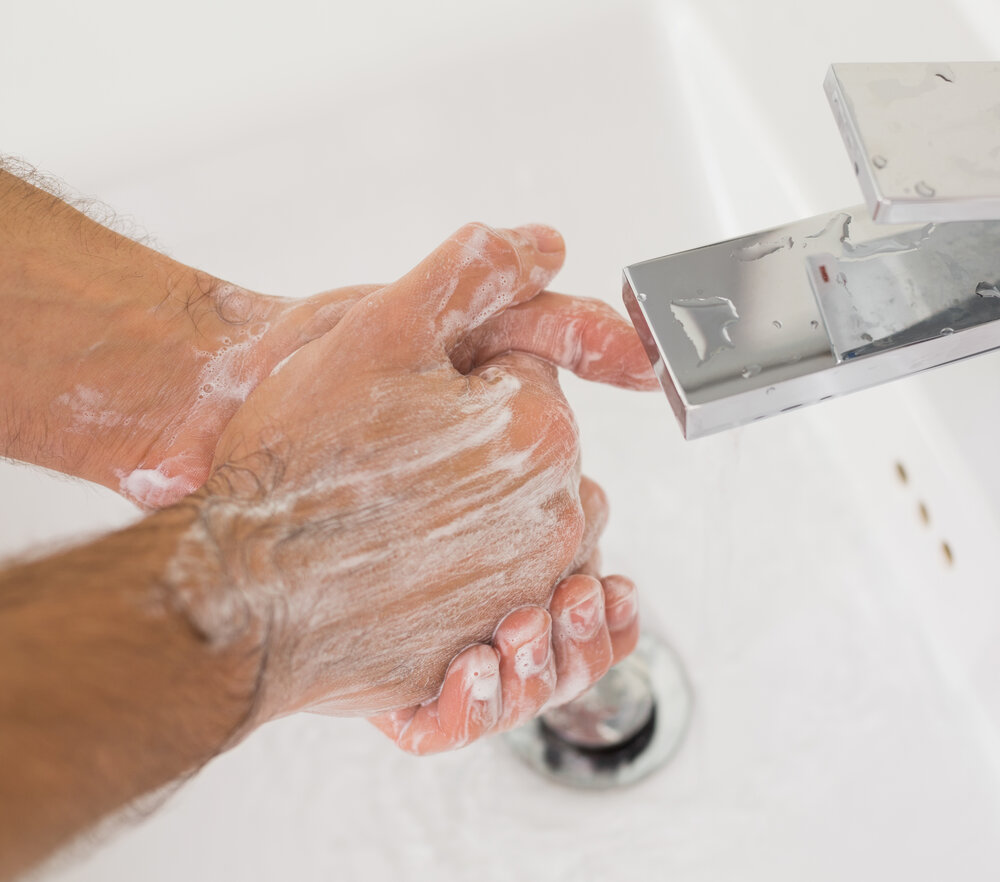Clean air for living
Air is food, it is important for survival and we inhale about 20 kilograms of it on a daily basis. As with all other foodstuffs, special attention needs to be paid to hygiene. In eatables, deficient hygiene can make the product inedible and consumption can make you sick.
Air consists of several benign microorganisms, spores of molds and much more. Apart from the good substances, it also contains pathogenic (causing sickness) ones. Air is also the transmission medium for diseases. Not only are diseases transmitted with the air, but even pollutants, which, for example, lead to mold infestation or nasty, foul-smelling odors, since one microorganism can be a strong source of odor.
What picture comes to your mind when you think of polluted air? There are most likely many and not only industries and traffic that pollute the air, but in fact we human beings ourselves are the biggest air pollutants. We exhale CO2 and release it to the environment. And even from buildings, a number of pollutants can penetrate into the air. At the same time, constantly more airtight building shells lead to a situation in which air exchange no longer works properly. Manual ventilation, as we are accustomed to from earlier times, is no longer adequate for a sufficient supply of fresh air. Added to this is the fact that several ventilation systems are designed deficiently – or are simply not available. Air pollution is closer to human beings than we could possibly imagine. Tackling the issue – with its AQS system, Ionair is offering the answer to issues of pollution in your building or premises – and in a natural way.

It is also the same when it comes to indoor air hygiene as with other hygiene factors. One would like to reduce the number of microorganisms in the air so that there is neither the transmission of diseases nor uncomfortable consequences such as infestation by molds. It is a matter of preventing a nutrients ground for germs as indoor air hygiene ultimately helps in regard to fighting the occurrence of new sources of pollution. Especially in the food and beverages or hospital segment, indoor air hygiene is a particularly important aspect. Foods and beverages are not polluted with microorganisms, and in hospitals, the AQS system from ionair helps in terms of minimizing the risk of infection for patients as well as the personnel.
ionair AQS restricts the airborne transmission of microorganisms. This reduces the nutrients ground for germ growth of pathogenic organisms and generates a hygienically excellent indoor climate. This represents a convincing argument to invest in indoor air hygiene.




















